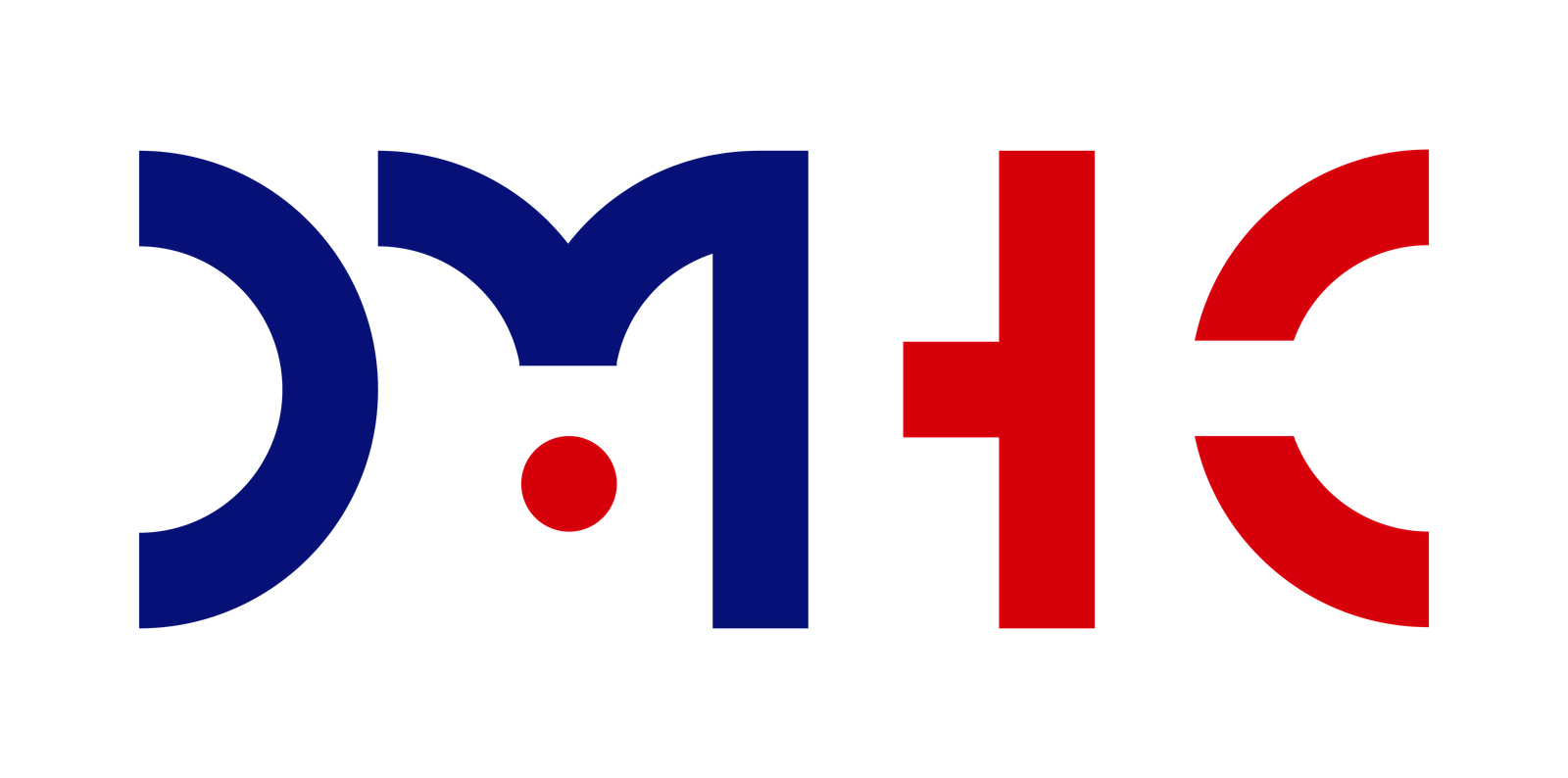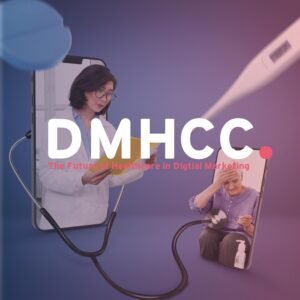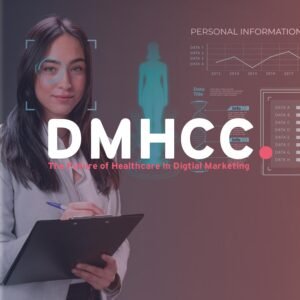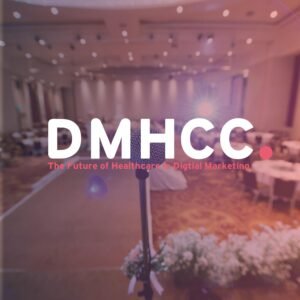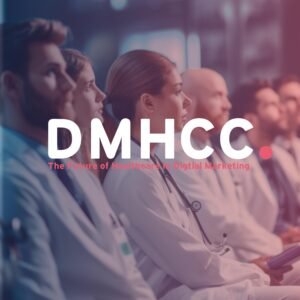Exploring the Latest Trends in Healthcare Digital Marketing
In recent years, the healthcare industry has witnessed a significant transformation, driven by the rapid adoption of digital marketing strategies. Healthcare providers are increasingly leveraging digital tools and platforms to enhance patient engagement, improve service delivery, and streamline operations. One of the most notable trends is the rise of telemedicine, which has revolutionized the way healthcare services are delivered. Telemedicine allows patients to consult with healthcare professionals remotely, providing convenience and accessibility, especially for those in rural or underserved areas.
Another key trend is the implementation of personalized marketing strategies. By utilizing data analytics and artificial intelligence (AI), healthcare providers can tailor their marketing efforts to meet the specific needs and preferences of individual patients. This targeted approach not only improves patient satisfaction but also enhances the effectiveness of marketing campaigns. For example, personalized email campaigns and targeted social media ads can provide patients with relevant health information and services, fostering a more engaged and informed patient population.
Social media engagement has also become a critical component of healthcare digital marketing. Platforms like Facebook, Twitter, and Instagram offer healthcare organizations the opportunity to connect with patients in real-time, share valuable health information, and promote their services. Effective social media strategies can drive patient engagement, build trust, and enhance the overall patient experience. For instance, Mayo Clinic’s social media campaigns have effectively utilized educational content and patient testimonials to strengthen their brand presence and patient loyalty.
AI and data analytics are playing a transformative role in healthcare marketing as well. Advanced algorithms can analyze vast amounts of data to identify trends, predict patient behavior, and optimize marketing strategies. For example, predictive analytics can help healthcare providers anticipate patient needs and tailor their services accordingly, leading to improved patient outcomes and operational efficiency. A case in point is Cleveland Clinic, which has successfully employed AI-driven analytics to enhance patient engagement and streamline their marketing efforts.
These innovative digital marketing strategies are not only reshaping the healthcare industry but also significantly impacting patient outcomes and healthcare provider efficiency. By embracing these trends, healthcare organizations can effectively navigate the evolving digital landscape and deliver superior care to their patients.
Strategies and Technologies Shaping the Future of Healthcare
The healthcare landscape in the MENA region is on the brink of a significant evolution, driven by cutting-edge strategies and innovative technologies. At the forefront of this transformation are blockchain, wearable devices, big data, and the Internet of Medical Things (IoMT). These advancements are poised to revolutionize healthcare services, offering unprecedented improvements in patient care, data security, and operational efficiency.
Blockchain technology, with its inherent security features, is set to play a crucial role in safeguarding patient data. By providing a decentralized and immutable ledger, blockchain ensures that sensitive health information remains secure from unauthorized access and tampering. This technology also facilitates seamless and transparent data sharing among healthcare providers, which is essential for coordinated and efficient patient care.
Wearable devices are becoming increasingly vital in the proactive management of health. These devices, which include smartwatches and fitness trackers, continuously monitor vital signs and other health metrics, enabling real-time health monitoring and early detection of potential health issues. The data collected from these devices can be integrated into healthcare systems, providing healthcare providers with comprehensive insights into patients’ health and aiding in personalized treatment plans.
Big data analytics is another transformative force in healthcare. By analyzing vast amounts of health-related data, big data tools can identify patterns and trends that might not be apparent through traditional methods. This capability allows for more accurate diagnoses, improved treatment protocols, and better patient outcomes. Additionally, big data can help healthcare organizations optimize their operations, reduce costs, and enhance overall efficiency.
The Internet of Medical Things (IoMT) connects medical devices and healthcare systems, creating an integrated network that facilitates the seamless exchange of information. IoMT enables remote patient monitoring, which is particularly beneficial in the MENA region where access to healthcare can be challenging. By leveraging IoMT, healthcare providers can offer continuous care to patients, regardless of their location, and respond promptly to any health concerns.
At the Digital Marketing Healthcare Conference 2025, attendees will have the opportunity to delve deeper into these transformative technologies. Experts and technology providers will share their insights through sessions, workshops, and networking events. These engagements will provide attendees with a comprehensive understanding of how to integrate these technologies into their healthcare systems effectively, paving the way for a future where healthcare is more efficient, secure, and patient-centric.
